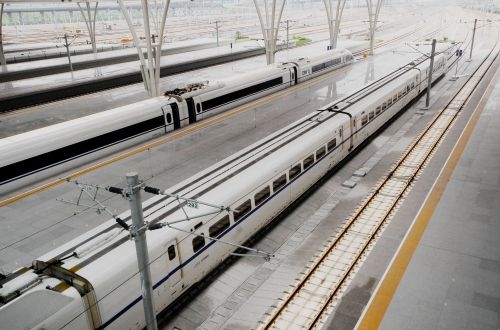According to Chinese media, the restructuring was discussed at a Communist party assembly which ended today, and a decision has been made to combine the railway and transport ministries with personnel reallocation already underway.
The MOR has previously resisted attempts to restrict its size. But saddled by the debts of China's huge railway building programme, estimated at Yuan 2.7 trillion at the end of the third quarter of 2012, and still wrestling away the shackles of corruption which brought down former railways minister Mr Liu Zhijun following the fatal crash at Wenzhou in 2011, its demise now appears inevitable.
The exact terms of the restructuring are yet to be confirmed, but most of the decisions will be announced in China's parliament when it holds its annual session during the next two weeks.
The move is thought to be an attempt to promote greater competition and growth in the Chinese railway sector, and an attempt by China's incoming president Mr Xi Jinping to push through changes to the country's government that many analysts feel are required to sustain its rapid economic growth.
The MOR employs 2.1 million people in China and has overseen the construction of the world's largest high-speed network in the past five years, as well as improvements in mainline and freight infrastructure. Yet in such a large and diverse economy, the government now appears to favour splitting regulation of the network from commercial operations. However, while the government is seemingly poised to approve the merger, the reforms will take several years to be fully implemented.

